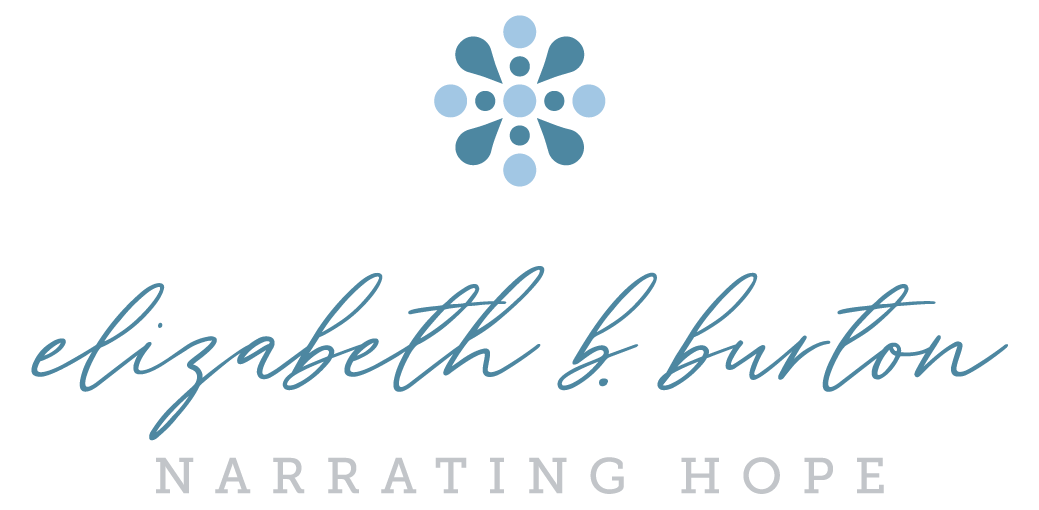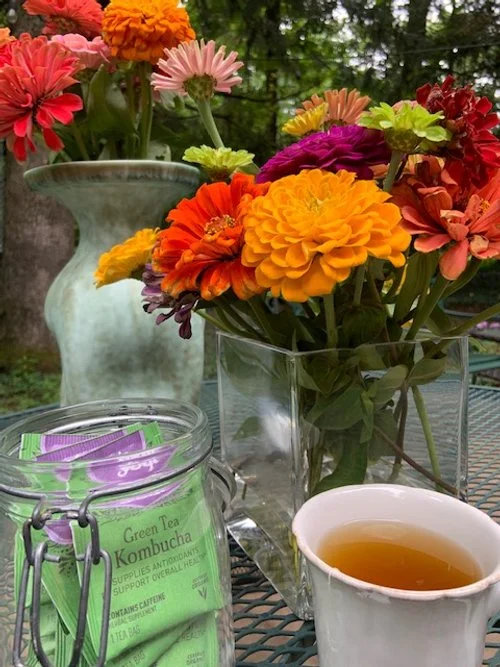Life-Giving Rhythms: The Value of Daily Rhythms that Sustain and Ground Us
As we settle into a new school year, it’s a great opportunity to consider daily rhythms. I love the concept of rhythms even more than a rigid schedule as it’s a softer and often more sustainable concept and practice. By considering your daily rhythms, you create space for being intentional about what grounds and centers you.
Integrating a rhythm into our days can help solidify our sense of well-being. Often daily rhythms help us to be flexible, giving us re-set opportunities, a chance to pause, and breathing room to our days.
As you consider rhythms, think about rhythms through the lens of noticing what is most LIFE-GIVING for you. In this way, you are pondering what you need most each day for sustenance and then prioritizing it.
Just as flowers need sunlight, nutrition, and nurturing each day to grow and thrive, what do you need?
As you ask yourself this, brainstorm holistically.
What do I need each day physically?
What do I need each day emotionally?
What do I need each day mentally?
What do I need each day spiritually?
Morning, Noon, Afternoon, & Evening:
When I think about and notice my own rhythms, I love to consider mornings, noon, afternoons, and evenings as holding rhythms of their own. There’s an invitation throughout the day for nutrition, reading, prayer, rest, play, getting outside, movement, and connection in the midst of work and other responsibilities.
Often, what might breathe the most life into our daily rhythms are small things that pack a big punch. Setting aside even 5 to 15 minutes sometime in the morning, sometime in the middle of the day, and sometime in the late afternoon and evening to be still, to move/exercise our bodies, to journal, to meditate, to practice gratitude, to read, to pour a cup of tea, and/or to pray can make all the difference.
So much of the day may need to be devoted to work, whether work outside the home or taking care of your home and your people, yet pay attention to what fuels you for your work.
What kind of space do you hold for rest, play, and worship that helps you return to your work with renewed focus, energy, and perspective?
Rhythms may be less about the exact time of day (this one thing must happen at 6:30 am and no other time is acceptable) and more about claiming windows of opportunity.
An example of naming a morning rhythm may look like this:
Sometime before I begin my morning work, I will claim space for __________________.
Rhythms for your People:
It can also be helpful to think about daily and weekly rhythms for the whole family. From a family lens, I like to think about play, adventure, exercise, social connectedness, and also “down” time to rest, regroup, be bored (yes!), as this gives room for margin, creativity, and resourcefulness.
If you are parenting or care-giving for a loved one, what do your people need each day to be nurtured, grow, and thrive?
For parents keep this in mind when considering activities for your kids. Individual families and children are different in what we need. Some of us need more breathing room than others and more time between activities due to personality and temperament differences, etc.
Families also have different resources, financial situations, work/life balance situations, and support systems. Be aware of comparison when you consider this. What you and your family need might look different than other families you know. You are not less than if you note and acknowledge that you need rest, opportunities to pause, and time to be still.
What does your family need? How does the family feel and operate when there is something every afternoon and night of the week? How is the schedule working for your family? What would be most life-giving for your family in terms of daily or weekly rhythms?
Remember that you can always circle back to reevaluating your daily and weekly rhythms and make changes as needed depending on what is best and needed at the time.
A Softer Framework:
Rhythms provide a softer framework rather than the “all or nothing” cycle of a hard and fast schedule that is often interrupted, leading to the temptation to “throw in the towel,” asking yourself what’s the point of even trying, viewing yourself as a failure, etc. We see this often with resolutions for the New Year.
Moving towards life-giving rhythms may take some time, trial and error, and creative experimentation. It’s less perhaps of an exact science and more of a fluid artistic endeavor of paying attention to what nurtures your well-being and finding ways to claim and protect the rhythms even when overwhelmed and busy.
Points for Reflection:
While this reflection is mostly about daily rhythms, the same goes for weekly rhythms or even monthly rhythms.
What weekly rhythm is important for you?
What weekly rhythm is important for your family?
What monthly rhythm is life-giving for you?
What monthly rhythm is life-giving for your family?
If this concept is new to you or overwhelming at all, remember the value of starting small. Start by considering what you want your days to hold. Then simply ask yourself: what’s a step I can take towards establishing life-giving rhythms?
If your goal is to have more energy, it may be that certain rhythms position you for this. If you want your days to hold more peace and calm, it may be that other rhythms influence this dynamic more.
How do these words resonate with you? If you are moved towards an invitation to develop more life-giving rhythms, what’s your next step?
Elizabeth B. Burton is a licensed professional counselor and life coach with Burton Counseling, PLLC. You can learn about Elizabeth here and about services provided here. Elizabeth also works with groups by providing workshops and speaking opportunities. Elizabeth communicates about mental health and well-being through both the Narrating Hope newsletter and podcast as well as through her writing. Elizabeth would love to connect with you and welcomes you to sign up for the newsletter, listen in to the podcast, reach out about working together, and connect on social media.

